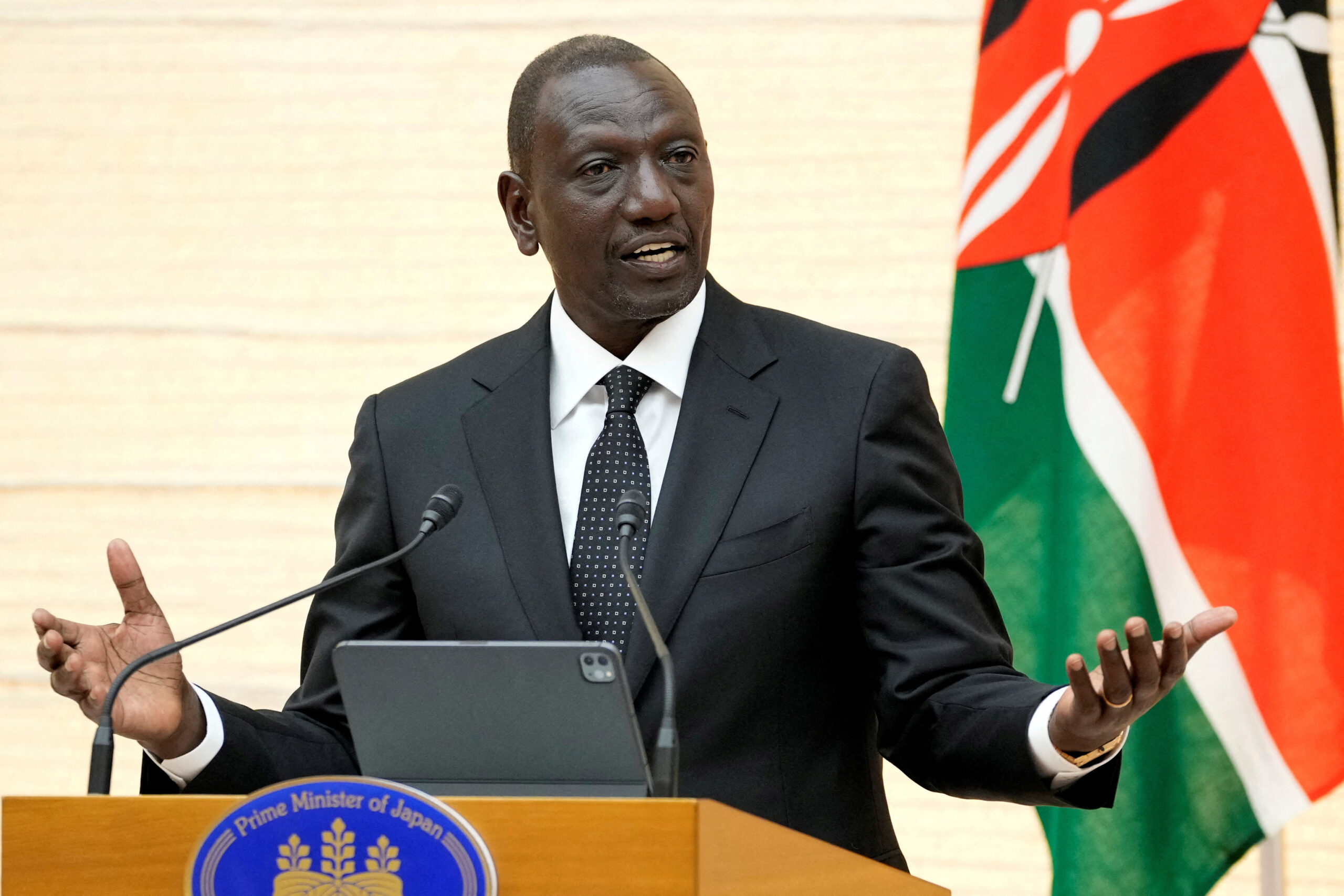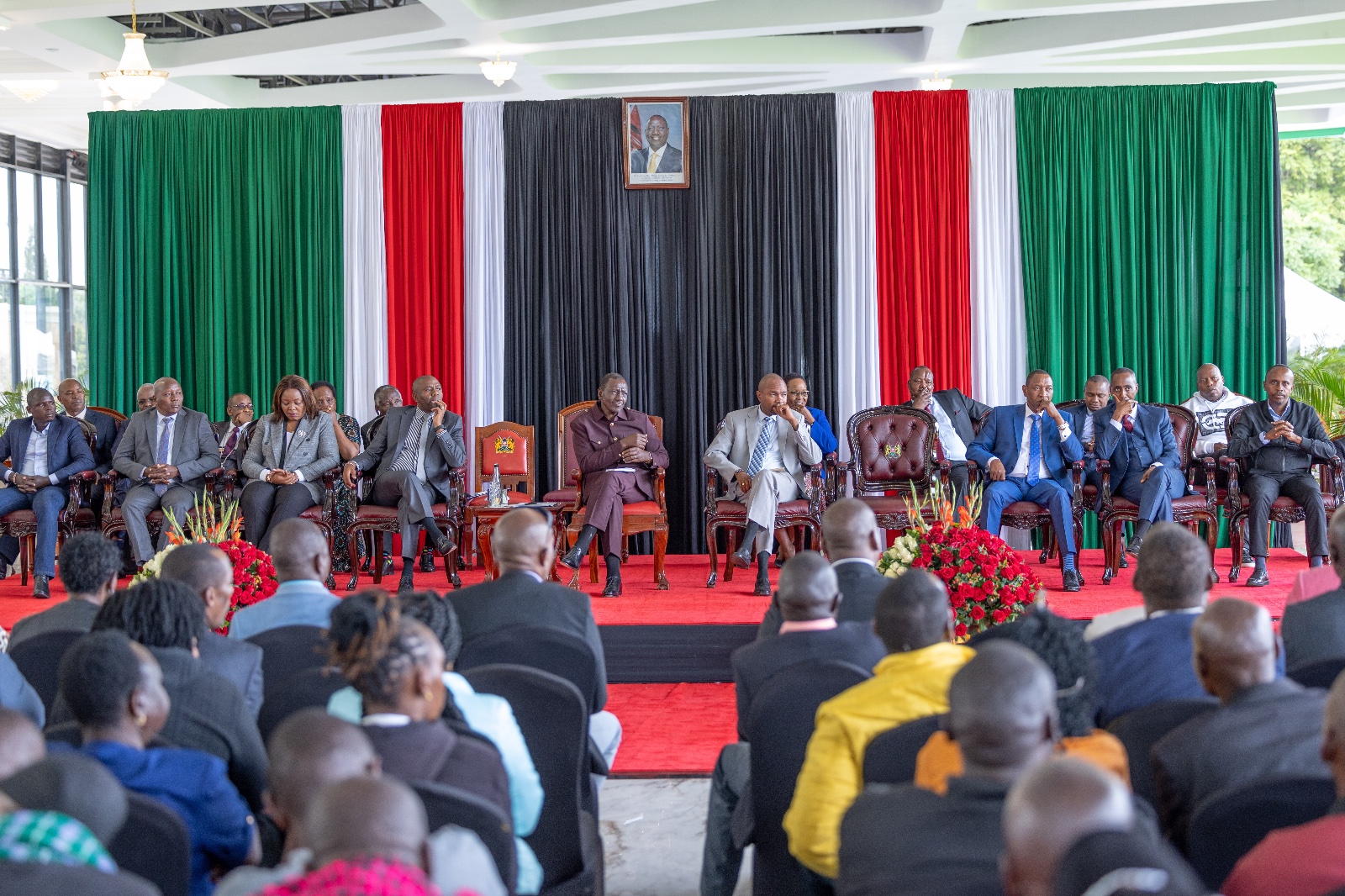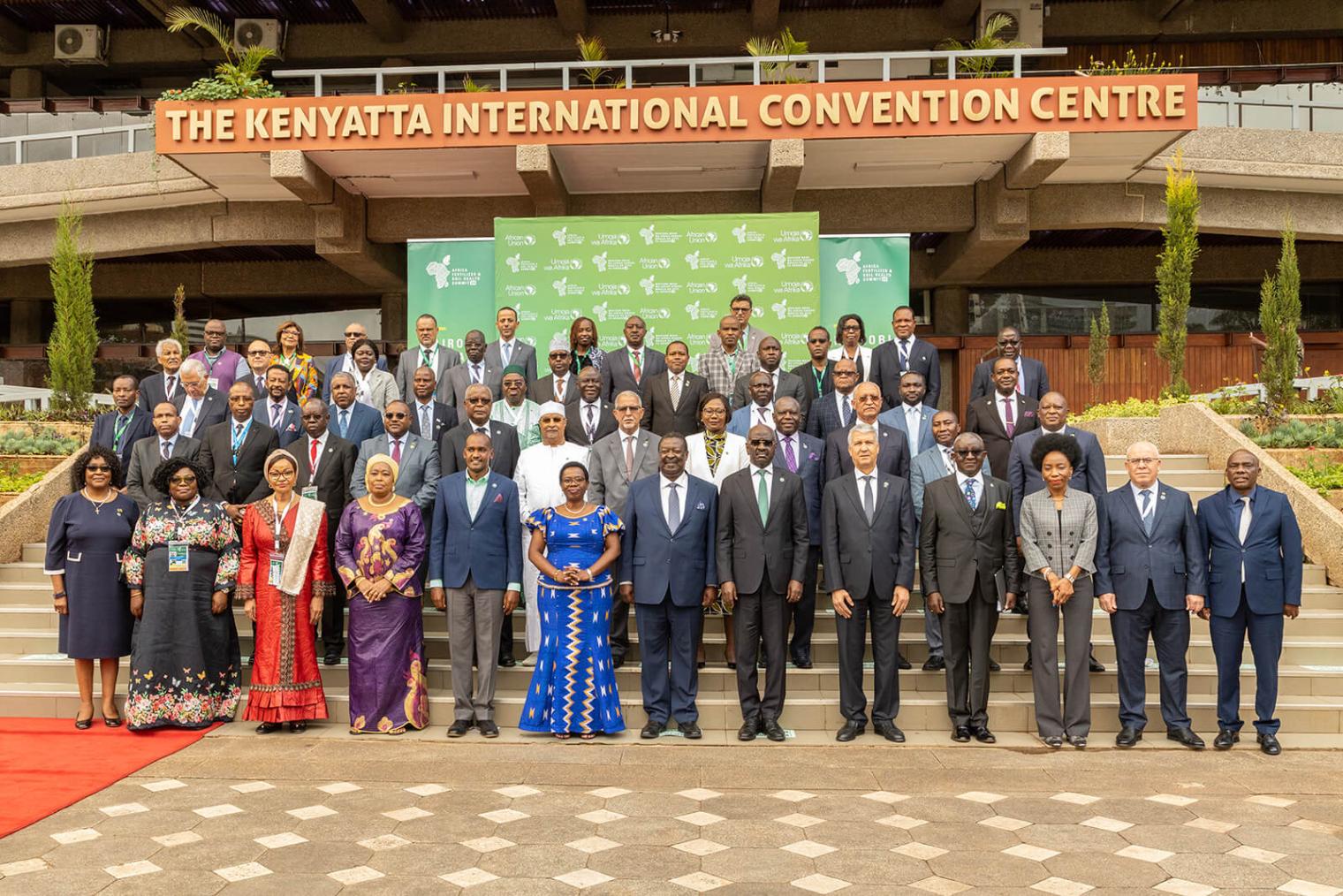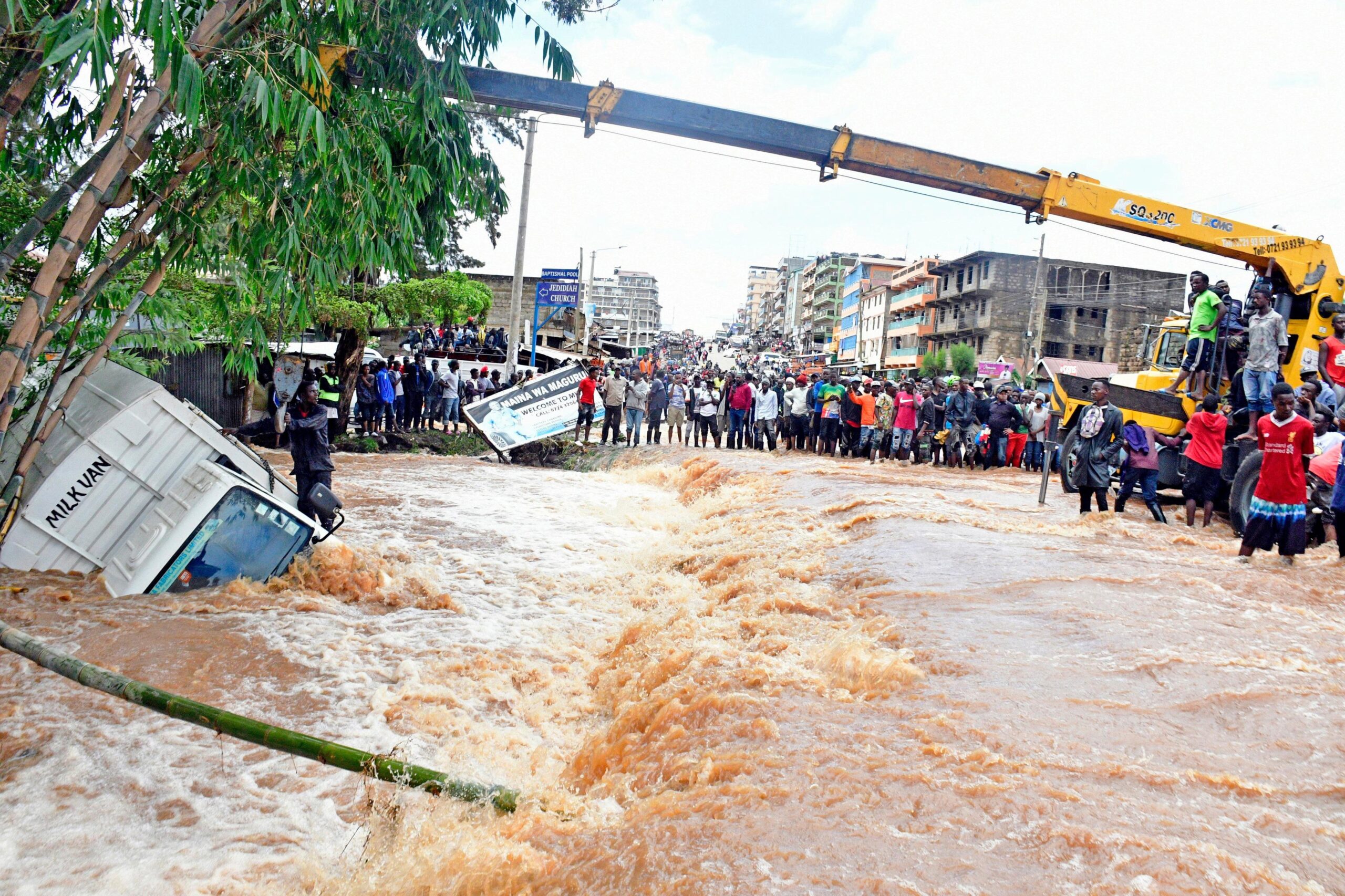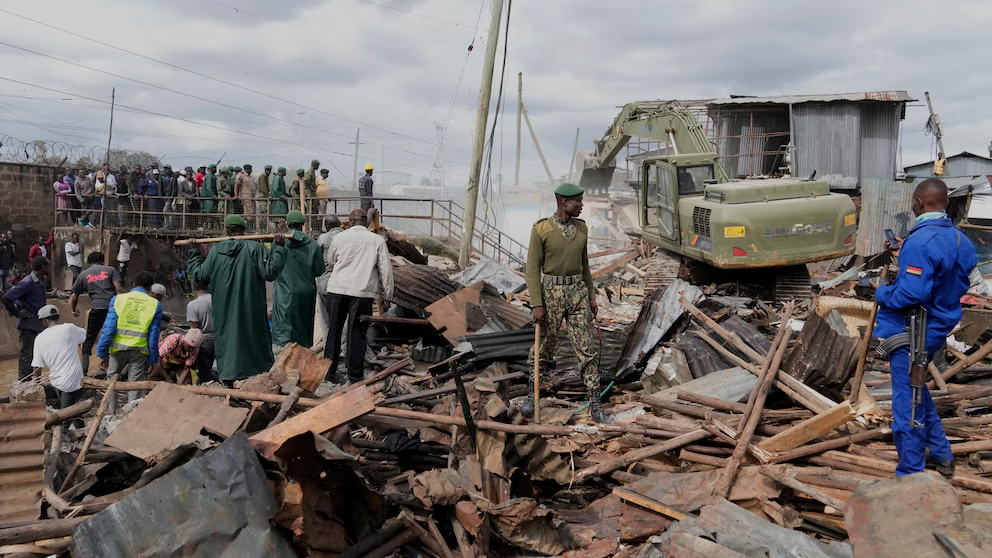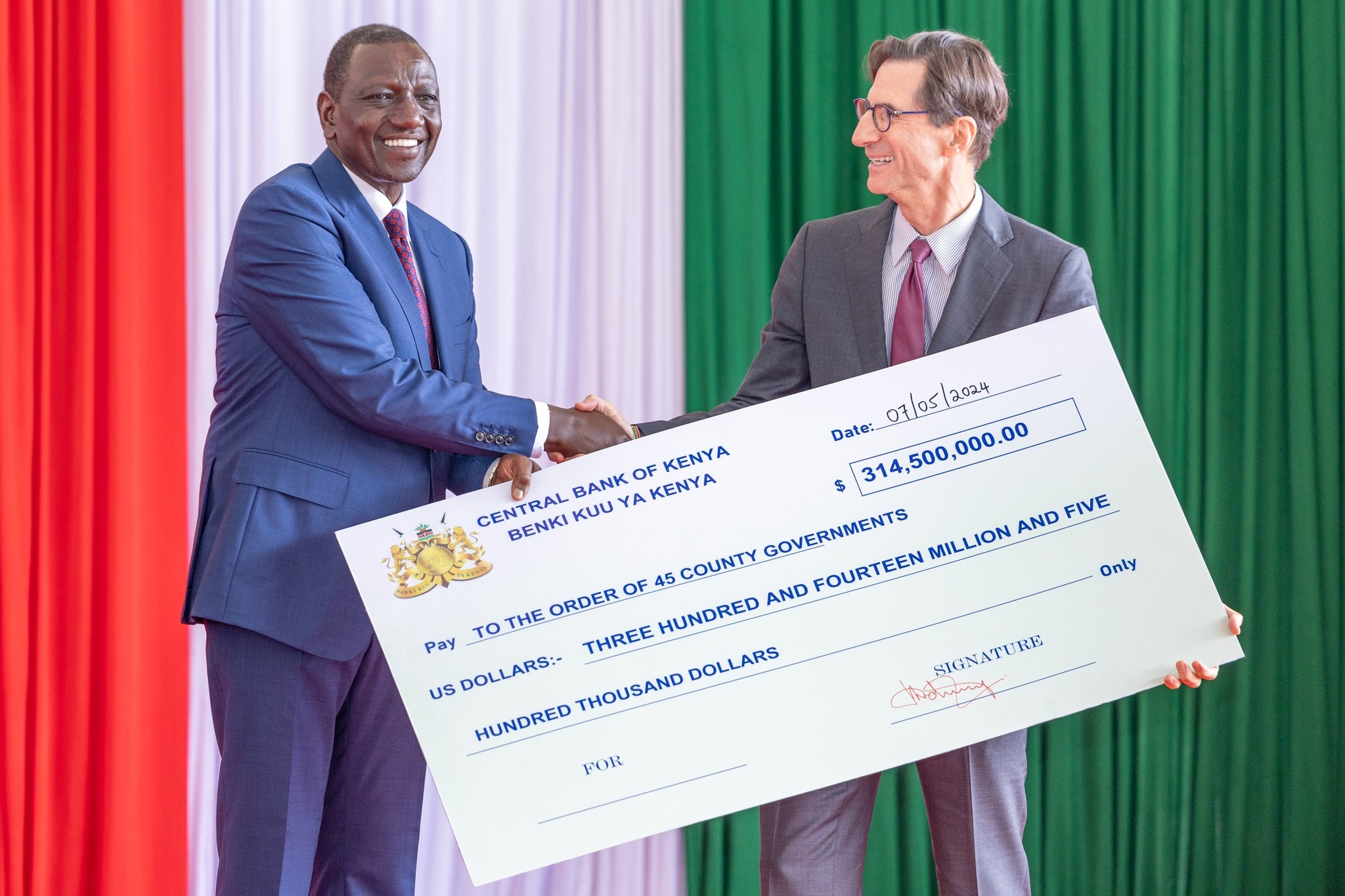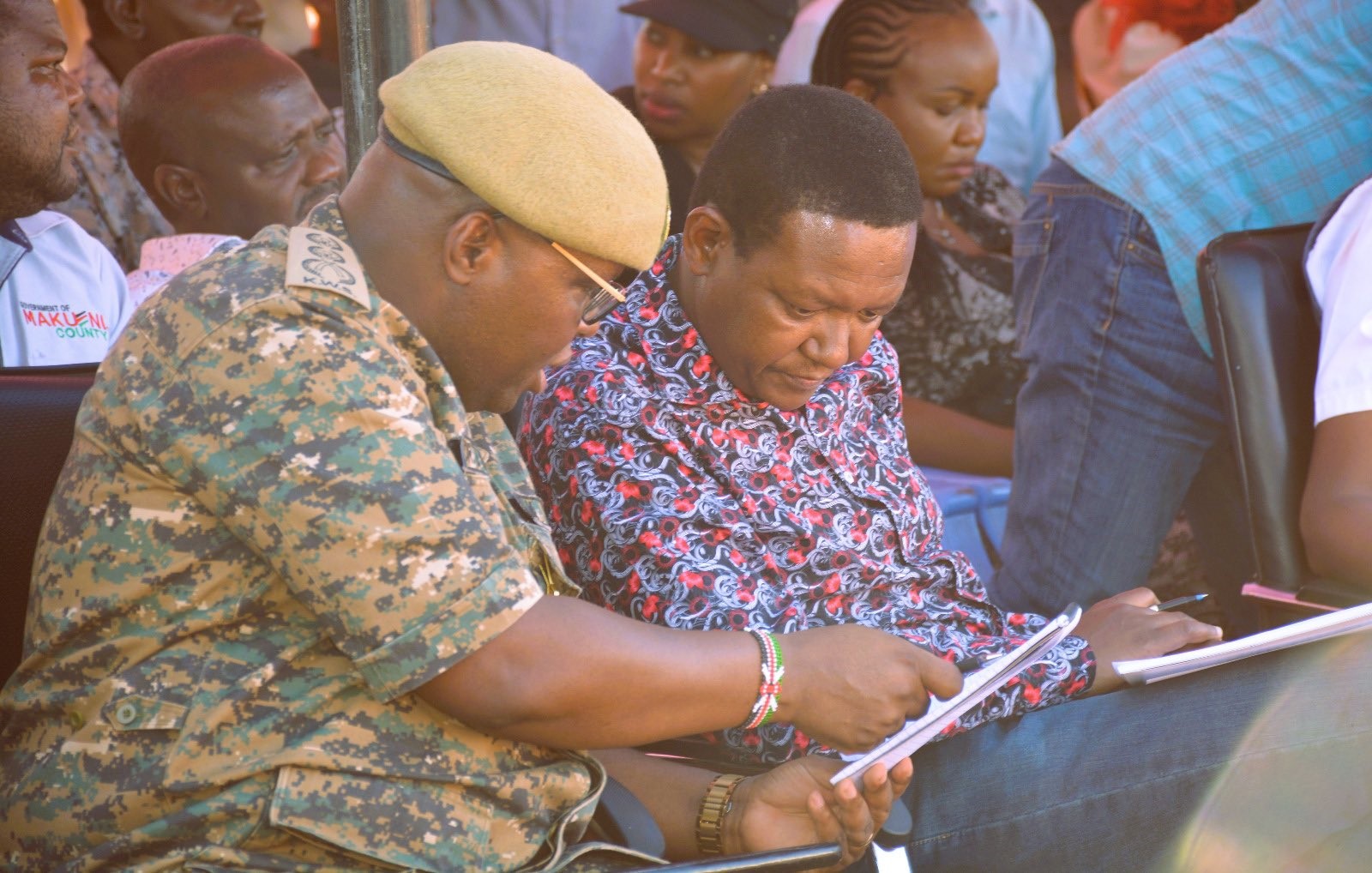
In the peak of short rains, a farmer has weeded his 2 acre maize farm. The first signs of a rich harvest are evident, he is a happy man, knowing that in the coming days, his family will not lack for food. He is even hopeful that with an even better harvest than last, he will have a bag or two to spare to sell in the market.
He is a farmer who of course received the government’s subsidized fertilizer, he is confident this will be a bountiful harvest.
But alas, one foggy morning, as the to-be- Christmas-lunch cock crows, the farmer is roused by a sudden stomping. He peers out his window, to be met by a herd of elephants feasting on his bountiful maize.
He is devastated. At the waste of efforts. At the prospect of lack of food. At the loss of income. At the dangers the herd poses to not just his farm but to his family, his cow named Wanini, his household.
In recent years, human-wildlife conflict has become a growing concern in these areas. As the human population increased and encroached upon traditional wildlife habitats, conflicts have surged.
Crop damage, livestock predation and even occasional attacks on villagers by wildlife are among the issues that require urgent attention.
Hon. Mutua will visit homesteads to hear from those who have been affected by human-wildlife conflict and discuss issues around compensation and fencing. He will also discuss with local communities mechanisms of reducing human-wildlife conflict.
The CS will also address public barazas at Kyusyani in Mtito and Kasayani in Kibwezi.
The visit to KIbwezi and Mtito Andei is a turning point in efforts to mitigate human-wildlife conflict in the region.
The visit is also testament to the ministry’s dedication to wildlife conservation and the wellbeing of the people who reside near wildlife sanctuaries.

